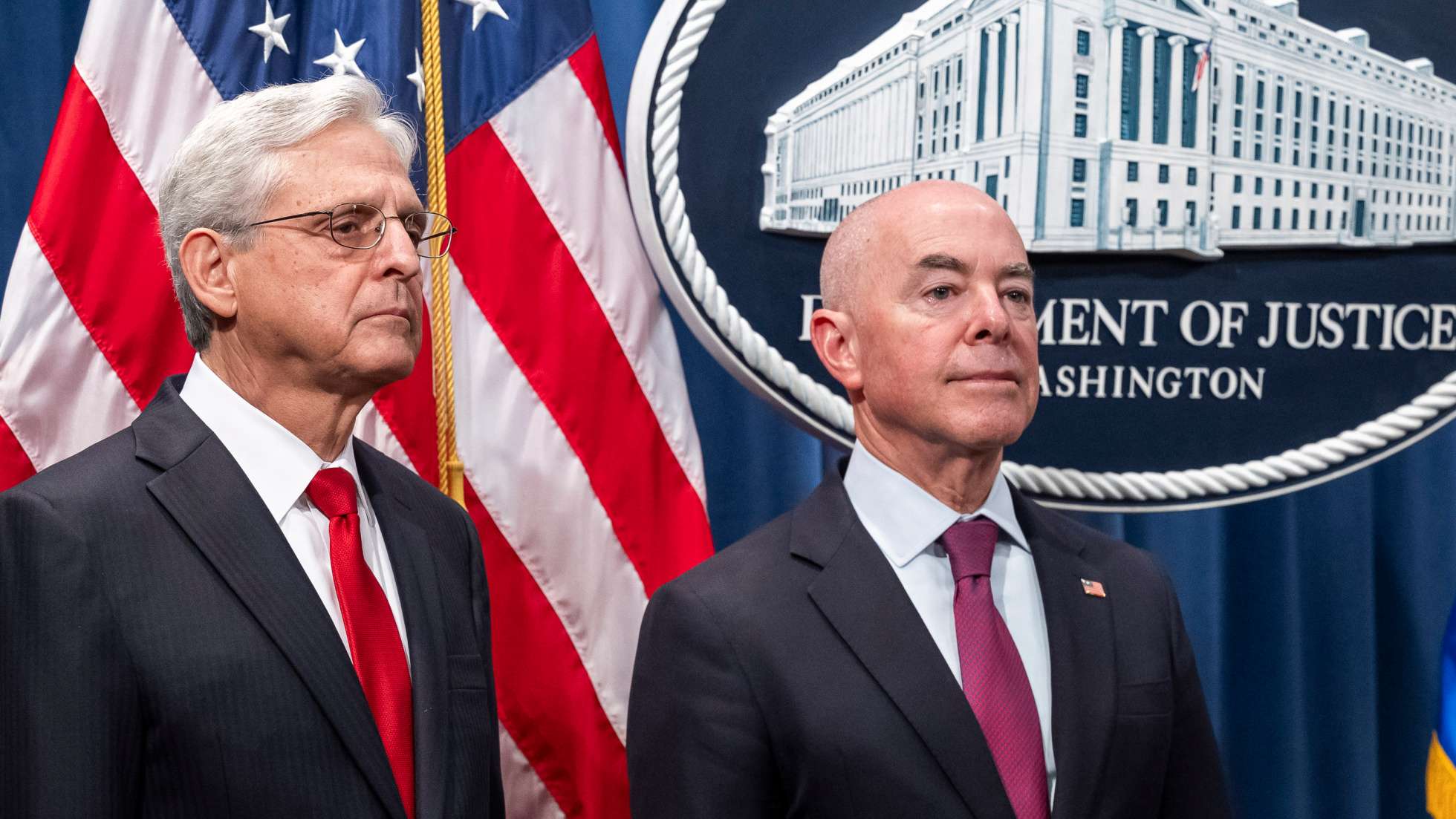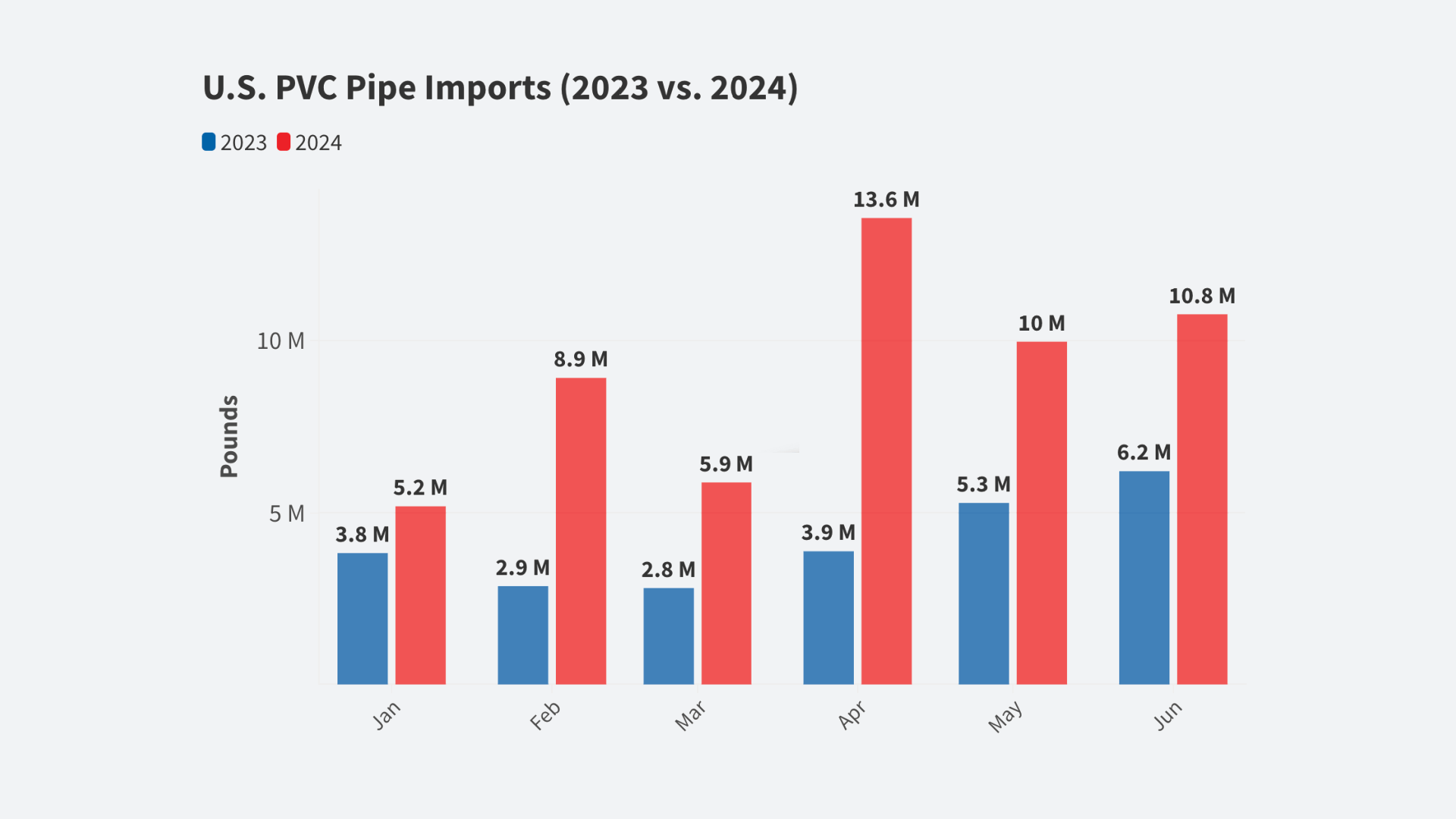
When it was all but over, and the trade legislation that President Barack Obama and congressional Republicans spent many agonizing months brokering was on the brink of law, House Democratic leader Nancy Pelosi was left to lament that she and her party had been shut out by the president she helped elect.
[Reposted from Politico | Jake Sherman and Manu Raju | June 26, 2015]
“When we did deals with [George W.] Bush, he always insisted on having Boehner in the room,” Pelosi told top Democrats Wednesday morning over coffee, donuts and bagels, referring to then-Minority Leader John Boehner, according to attendees. “That’s not happening now.”
Shortly after the meeting as some of her liberal allies still seethed, Pelosi announced she would support a key final element of the White House’s trade package, sealing a major victory for Obama, Boehner and Senate Majority Leader Mitch McConnell.
The story of how Pelosi was vanquished by a president of her own party in unlikely tandem with GOP leaders began three days after Republicans swept the November midterm elections. It consisted of lobbying by the president and his Cabinet members, who zeroed in on a few dozen key Democratic senators and House members, wooing them with lunches in Washington, private Oval Office meetings and appearances in their states and districts.
It included frenetic deal making by Rep. Paul Ryan (R-Wis.), chairman of the Ways and Means Committee, and his close allies, who worked to mollify a host of regional and partisan concerns — on issues as far-flung as the potential for an influx of immigrants, to worries that U.S. Postal Service would be interrupted in Europe.
The machinations highlighted tensions between Senate Republican leaders and conservatives like Sen. Mike Lee of Utah, who skipped a cliffhanger vote this week despite privately pledging his support to his leadership team. And it showcased an all-hands-on-deck approach to kill any changes that could scare away other countries negotiating the Trans-Pacific Partnership — most notably a bipartisan effort to crack down on countries that manipulate their currencies.
The push over the past six months strengthened an alliance between Obama and Ryan — the 2012 election rivals — and marked a rare détente in the bitter standoff between Hill Republicans and the White House since Obama took office.
“We don’t need to give my guys an excuse to bolt on this,” Obama told Ryan in one of their three private calls, according to a source familiar with their June discussion over a way to pay for the costs of a worker aid program that became a major bone of contention. “Let’s just fix this.”
More than at any time in his presidency, Obama was willing to take heat from the left to get legislation through Congress. He pushed back — at times, angrily — at labor unions and progressive Democrats who argued the trade accord would suppress wages and send jobs overseas.
“We’re in an untenable position,” veteran New York Rep. Nita Lowey fumed in a closed meeting of top Democrats on Wednesday. “It makes me angry. Our president put us in this position. Is there anything the White House can do to make sure labor gets something out of this fight? I feel betrayed by the White House.”
As a result, 190 House Republicans and 47 Senate Republicans — and just 13 Senate Democrats and 28 House Democrats — delivered Obama the “fast-track” authority to complete a major trade deal with 11 Pacific Rim countries that would encompass 40 percent of the global economy. Trade Adjustment Assistance, a job-training and aid program Pelosi and her House Democratic colleagues initially opposed in an attempt to scuttle the larger trade agenda, also sailed through Congress and to the president’s desk.
The Senate, while it hit its own bumps, was always viewed as a surer bet than the House. Conservative House Republicans were wary of giving Obama more power and teamed up with a bloc of progressives eager to scuttle the trade deal. In the end, Ryan and Republican leaders enlisted upward of 50 Republicans in what some leaders say was their biggest legislative turnaround in the nearly five years since the GOP retook control of the House.
“This is an advancement of our country all over the world,” said Sen. Orrin Hatch (R-Utah), the Finance Committee chairman and co-author of the Senate fast-track bill. “Even Obama has acknowledged this is something we have to do.”
The White House’s challenge: Democrats
Obama realized right after Republicans took control of the Senate in the fall elections that his long-stalled push to enact the TPP suddenly had new life. Three days after the election, the White House National Security Council began to convene deputy-level officials throughout the administration to discuss trade, meeting 14 times on the matter since. Then, Cabinet officials and top negotiators began attending biweekly meetings at the White House starting in the third week of November.
The mandate was to persuade a fraction of Democrats — 30 House members and 15 senators, give or take — to buck the progressive wing of the party and side with Obama.
On Capitol Hill, the president’s top trade negotiator, Michael Froman, convened one-on-one and group meetings with ardent supporters, undecided lawmakers and staunch Democratic opponents like Sen. Elizabeth Warren of Massachusetts and Rep. Rosa DeLauro of Connecticut. Froman’s aides estimated he’s had 350 meetings on the topic.
Obama’s Cabinet was also deployed in force. Secretary of State John Kerry told Democrats that the country needed the deal to compete in the global economy. Labor Secretary Tom Perez sought to convince wary Democrats that it wouldn’t weaken labor protections. Others, including Agriculture Secretary Tom Vilsack, White House economic adviser Jeffrey Zients, Commerce Secretary Penny Pritzker and White House chief of staff Denis McDonough, regularly lobbied Democrats.
Pelosi, while wary, was accommodating throughout most of the process. She allowed Froman and a range of senior administration officials to hold upward of a dozen meetings with House Democrats to talk about different aspects of the trade deal — from food safety with Vilsack, to Vietnam trade relations with State and Pentagon officials, to Mexican labor standards with Perez.
Serious threats emerged along the way. Perhaps the most ominous one was a proposal drafted by Sens. Rob Portman (R-Ohio) and Debbie Stabenow (D-Mich.). They wanted to prevent countries in the TPP from artificially manipulating their currencies to boost their exports. Japan was staunchly opposed to the idea, and it risked upsetting the delicate international trade talks.
Treasury Secretary Jack Lew personally warned senators that the president would veto the trade bill if it were adopted, and Federal Reserve Chairwoman Janet Yellen, weighed in against it, too.
The administration circulated a 16-page document attacking the plan, and organized a briefing with 50 senior-level Senate aides to seek its dismissal. Staff for Portman, along with Sens. Chuck Schumer (D-N.Y.) and Sherrod Brown (D-Ohio), pressed their case in a spirited discussion.
It was unclear until the vote whether the plan would pass. That day, Ryan and Hatch urged several Republicans to switch their votes. They and the administration prevailed on a 48-51 vote.
“It was a scare,” said one Republican involved in the efforts to kill it.
To get the trade package over the finish line, though, the administration couldn’t just play defense. Senior-level Cabinet officials dropped into the districts of wary Democrats — in Texas, California and Washington state — to try to sell their constituents on the virtue of the trade pact. Froman, for instance, traveled to Dallas to talk trade alongside Rep. Eddie Bernice Johnson, who ended up voting for the plan.
In the end, Obama himself sealed the deal. He spent an inordinate amount of time lobbying key Democrats, including Sens. Ron Wyden of Oregon and Patty Murray of Washington. When Sen. Maria Cantwell (D-Wash.) was threatening to vote against a key procedural motion in May, he placed an emergency call to the Senate cloakroom to allay her concerns on a related issue: the expiration of the Export-Import Bank.
Obama made the case publicly and privately. He talked about it at the Business Roundtable, an association of CEOs, and before a joint session of Congress during his State of the Union address, when he conceded that past trade deals “haven’t always lived up to the hype” but insisted this one was different.
Ryan and the Republican roadblocks
Yet it was two words in Obama’s January speech to Congress — “give me” — that gave Republicans pause.
“Give me Trade Promotion Authority to protect American workers,” the president said. Alarm bells went off among Republicans.
Shortly after, Ryan’s staff reached out to Katie Fallon, the administration’s director of legislative affairs, and urged Obama to stop asking Congress to “give” him anything. Ryan didn’t want Republicans to think they were granting Obama any special authority. After that call, Republicans said they noticed a change in rhetoric.
From there, White House and congressional Republicans divvied up duties. Obama would be responsible for wrangling “yes” votes from 30 House Democrats, while Ryan would take the lead in whipping Republicans.
Around the same time, Ryan started meeting with the “trade group,” an informal collection of lawmakers led by the Wisconsin Republican as well as House Rules Chairman Pete Sessions (R-Texas) and Rep. Pat Tiberi (R-Ohio), a top Boehner lieutenant who heads a trade subcommittee.
Using a small Rules Committee hearing room, and later the plush Capitol Ways and Means suite as war rooms, they split up a list of Republicans, assigning lawmakers whip cards based on their political alliances. GOP leaders were skeptical of Ryan’s ability to get the bill through Congress, but took the issue seriously enough that they dispatched several of their top aides to sit in on the sessions.
Ryan wanted to move quickly, telling Republican leaders at the beginning of the year that he wanted to take action before the budget in March. It quickly became clear that was never going to happen.
But it turned out Ryan needed the time: He spent the next three months holding private meetings with Republicans, trying to resolve their concerns spending countless hours explaining the minutiae of trade policy. From his home in Janesville, Wisconsin, and his office in Washington, Ryan texted the leaders of influential conservative groups, asking them to support the package — or at least stay neutral. He struck an alliance with Sen. Ted Cruz (R-Texas). The pair took to the op-ed pages of The Wall Street Journal to push for fast-track trade authority, arguing it was a conservative principle that empowered Congress.
And Ryan struck deals — lots of them, big and small, to shore up support and win converts.
One of the big ones was with pro-steel Republicans. The House Steel Caucus, led by Rep. Tim Murphy (R-Pa.), wanted to shore up rules in the pact against “dumping” of steel by foreign governments. Ryan met their demands, netting at least 11 votes.
He also agreed to a request from the Michigan delegation for a provision to combat currency manipulation. That helped Ryan lock up several more votes. Rep. Steve King’s vote was sealed after the conservative Iowan secured language to ensure the trade deal couldn’t be used to change immigration law.
Each time Ryan cut a deal, he asked his colleagues to send him a letter. Then he sent a note in return, along with a request to accede to the change. It was a way to get members on record about what they asked for and what they received in return.
All the while, he was coordinating quietly with McConnell, Hatch and Wyden.
“If there were video cameras on everything we said and did, [Americans] would be proud the Congress can work in that fashion,” King said in an interview.
Ryan also quietly coordinated with Rep. Ron Kind (D-Wis.), who was busy wrangling support from business-friendly members of the New Democrat Coalition.
By early June, Ryan, Sessions and Tiberi thought they were on the cusp of passage. The group brought a spreadsheet to the Republican leadership, which began to run its formal whip count.
Ryan thought at the time he had close to 180 vote. But GOP leaders told him they believed the count was closer to 130. Ryan was stunned, and told the leaders their count was wrong. But soon enough, he found himself working with Boehner, Majority Leader Kevin McCarthy (R-Calif.) and Majority Whip Steve Scalise (R-La.) to win votes.
Scalise consulted with Sen. Roy Blunt (R-Mo.), who was the House whip when Congress last passed fast-track trade authority. And two weeks before the vote, Scalise handed out pamphlets explaining what the deal would mean for individual congressional districts.
Together, they turned 50 to 60 Republicans into “yes” votes, many of whom had been hard “no’s.” For example, Montana Rep. Ryan Zinke was pushing for additional transparency measures in the trade agreement. He spoke with Boehner, sat for talks with Ryan and the whip team on the details of the agreement, and then switched his vote.
Other objections were more arcane. Rep. Lou Barletta (R-Pa.) raised concerns about changes in overseas postal service under a pending European trade deal. Tiberi and Chief Deputy Whip Patrick McHenry of North Carolina sat with Barletta in his office and convinced him it would not be a problem. Barletta wasn’t done though, saying he also was uneasy about steel import rules. Republicans addressed that, too, adding Barletta to the “yes” column.
Several lawmakers — like Georgia Rep. Tom Graves — wanted to speak with Boehner personally before committing to voting for the bill.
But other members wouldn’t budge. Rep. Rob Wittman (R-Va.), for example, had an issue relating to shellfish that couldn’t be resolved. And Ryan and GOP leaders grew very frustrated with the House Freedom Caucus.
Ryan spent countless hours with the head of the newly formed conservative group, Ohio Rep. Jim Jordan, who issued a series of demands, including ruling out a future renewal of the Export-Import Bank as part of the deal. Much of the group’s members later opposed the package, and tried unsuccessfully to block it from coming to the floor.
“Every effort was made to try to address concerns, whether legitimate or not legitimate,” said Scalise, who said GOP leaders devoted more time to convincing Freedom Caucus members than any other segment of the GOP Conference.
By Wednesday morning, when it was clear the package would sail across the House floor, Ryan stood in front of a closed meeting of House Republicans with a list of lawmakers. He ticked off two-dozen names, one by one: King. Murphy. Zinke. Sessions.
Ryan thanked them for their support and said they made the legislation stronger.
The case of the missing senator
Headed into a decisive Senate vote on Tuesday, McConnell was confident fast track would soon be en route to the president’s desk. Sixty-two senators had already demonstrated their support, and Republicans were falling in line.
Or so he thought.
At a meeting on the evening of June 15 in McConnell’s leadership suite overlooking the National Mall, Lee — the tea party conservative — privately voiced his support for the fast-track bill now that it no longer included funding for worker aid that he considered wasteful. McConnell was banking on Lee to come to the vote, which was scheduled for this past Tuesday.
According to three people familiar with the conversations, Lee’s office informed Republican floor staff that the senator would return to Washington in the early morning hours of Tuesday in advance of the critical Senate vote.
Yet on Tuesday morning, McConnell received some surprise news: Lee was planning to stay in Utah for the week to spend time with his two sons. At nearly the same time, Cruz — a close ally of Lee’s — reversed his support for the fast-track bill, writing an op-ed on Breitbart attacking GOP leaders for their deal making on the issue. (Cruz never gave Ryan a heads-up that he would vote no, despite penning the op-ed with him.)
McConnell was irate at Lee, according to people who spoke with the GOP leader. McConnell had virtually no margin for error.
The measure broke a filibuster on a 60-37 vote, with no votes to spare, after stretches of suspense on the Senate floor.
Lee’s spokesman denied that his office told Republican leadership he would return to Washington for the vote. The Utah lawmaker’s office did confirm he would have voted to advance the plan.
“This was planned family time,” said Conn Carroll, Lee’s communications director. “The senator has not seen either of his boys for two years. We’ve had this week blocked off for literally months.”
Yet, the timing seemed suspicious, several Republicans said. Lee’s 20-year-old twin boys had returned to Utah from their church missions at least a week earlier, GOP aides said. Plus, Congress was set to begin a Fourth of July recess after the trade votes, giving lawmakers about 10 days to spend with their families. Lee’s spokesman later denied the senator’s sons returned a week before but declined to be more specific.
It seemed that Lee was ducking the vote to avoid angering his friends on the right, several top Republicans fumed.
McConnell’s chief deputy, Sen. John Cornyn (R-Texas), called Lee on Monday evening to urge him to attend the Tuesday vote.
“I talked to him about it, and said, ‘I may need you,’” Cornyn recalled. “But, all is well that ends well.”













